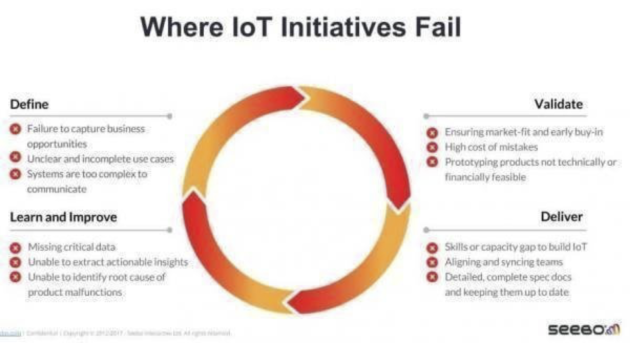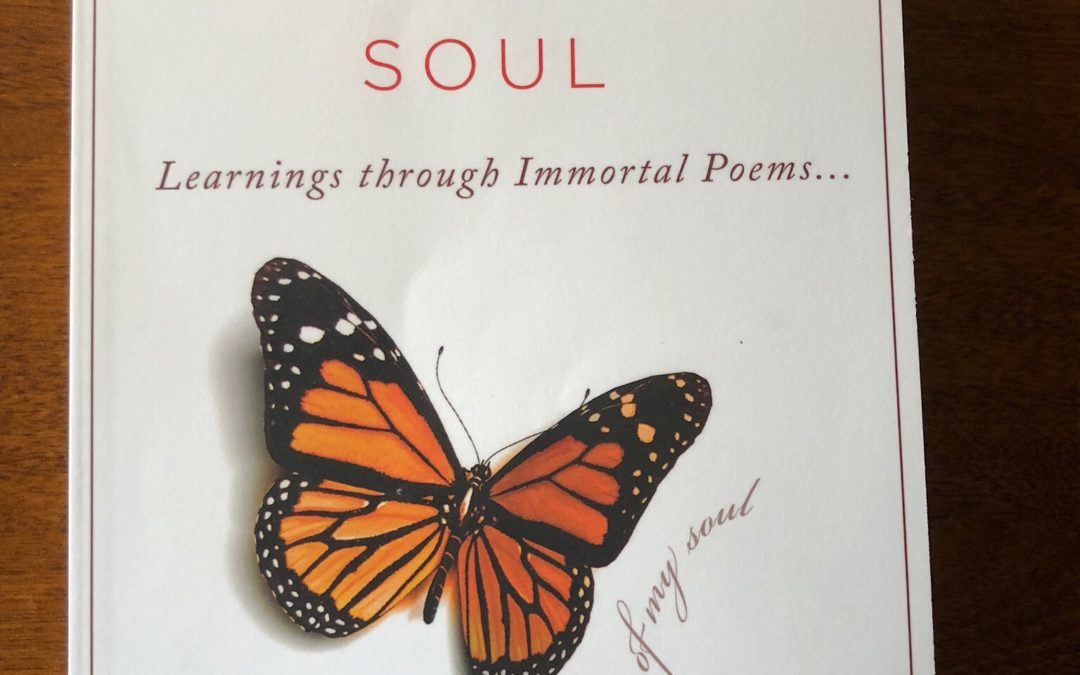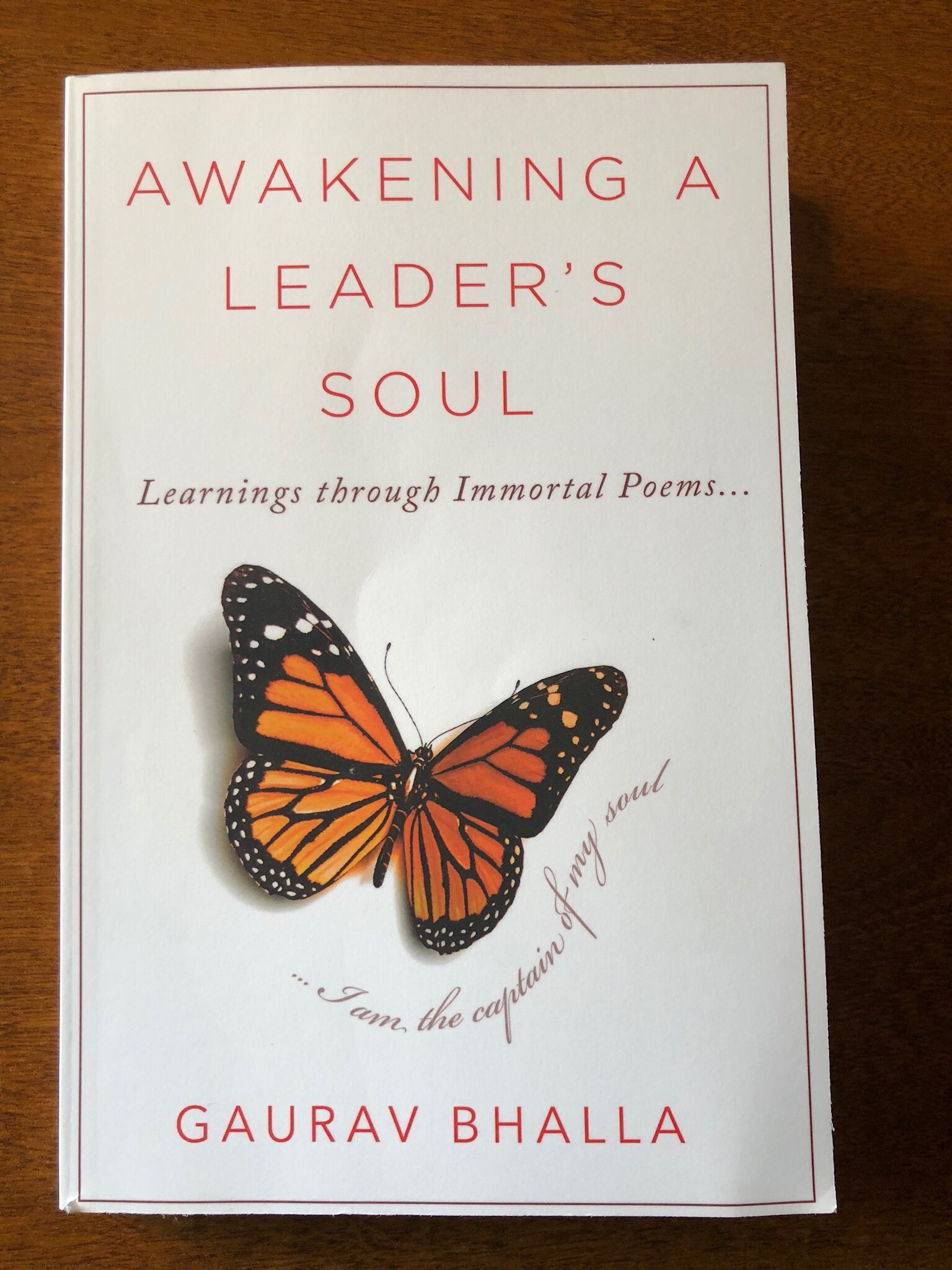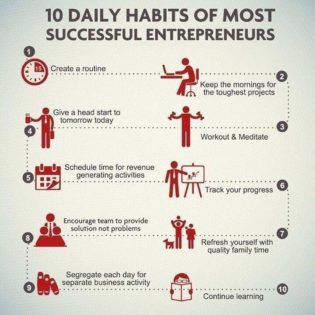
by Gary Mintchell | Jan 4, 2019 | Commentary, Leadership
I have never been a fan-boy of Jack Welch. And the more we learn in retrospect, we see why he is not necessarily a genius to emulate. As a friend used to say, “You got your smoke; you got your mirrors.” It was growth by acquisition and using deft accounting.
Vitaliy Katsenelson is CEO of an investment company. His newsletter is on my list of informative and entertaining reads. (Plus he kicks in as a bonus a selection of classical music.)
This week’s essay—Welch vs Bezos.
Here are a few snippets to whet your appetite.
“Welch built a company with a “beat this quarter” culture. Welch’s GE was not in the business of building moats and investing for the long run; he was in the business of beating quarters. In his book, Welch raved that from the early 2000s GE always beat Wall Street estimates. He was proud of how managers of one division were able to “come up with” a few more cents of earnings if another division fell short of its forecast. I kid you not — reread that sentence, three times. If I was at the SEC I’d investigating GE’s accounting.”
Once upon a time I worked for a division of a conglomerate. For a while before collapsing it was Fortune 50. It had very few corporate staff. Executives wanted steady, reliable income for reporting to Wall Street. It invested in cyclical businesses. Go figure. Anyway, take this comment about GE:
“He was proud of how managers of one division were able to “come up with” a few more cents of earnings if another division fell short of its forecast. I kid you not — reread that sentence, three times. If I was at the SEC I’d be investigating GE’s accounting.“
Contrast with Bezos:
“Welch is on the opposite end of the spectrum from Jeff Bezos, CEO of Amazon.com. Bezos doesn’t even know how to spell quarterly earnings. Amazon’s founder once explained that Amazon makes decisions years out. So the current quarter’s report reflects decisions Amazon made several years ago.”
Investor viewpoint:
“There is another lesson here. As an investor, simplicity and transparency from a company is key. If a company’s business is complex and opaque, move on. One of the most important things in investing is what you do in-between buying or selling a stock. After you buy it is just a matter of time before your initial assumptions come under fire. Maintaining rationality throughout your ownership of the company is paramount, and to do that you need to understand the business well. That’s why I have no opinion on GE shares now.”
And your takeaway:
“Above all, never make a decision based solely on someone else’s research; use it as a starting point for your own investigation.”

by Gary Mintchell | Jan 3, 2019 | Leadership, Manufacturing IT, Workforce
We should be so beyond talk of The IT/OT convergence.
This has not been a technology issue for years. If anything it is an organization and personal issue.
Executives continue to view their organizations as constructed of a variety of separate domains. This is often because there are all these SVPs running around who need an organization to lead. So, one has operations, another IT, another design, another marketing, and so forth.
When senior management wakes up to the fact that technology has broken the barriers long ago, maybe they can get their organizations to follow suit.
This year we should be talking about how all technology is meant to serve leaders and managers who are trying to build safe, productive, profitable companies.
The story should be about benefits of using technology; not about pitting one against another.

by Gary Mintchell | Oct 25, 2018 | Commentary, Education, Leadership
Continuous learning is essential for economic survival in this increasingly technological world. However, I believe it is also essential for growth as a human. Sometimes we get so wrapped up in technology and organizational success that we forget that our first duty is to improve ourselves.
Drawing as Thinking
When you take notes or think about a project, what do you write? Do you use pen and paper? Or some sort of notes app or outliner on your computing device?
How about drawing mind maps or sketching ideas? On listening to a recent podcast I jotted this note
Drawing is not an artistic process; it is a thinking process.
Math as Thinking
Reading Peter Diamondis’s newsletter recently, he once again talked about how worthless math was in school—“I have never expanded a polynomial in my life.” I bet he used the logical thinking instilled by working math problems his entire life!
Wishing for Certainty
When I was young I knew old guys who had worked for the same company for many years. There was a certainty about life. I, on the other hand, have never really known that certainty. Here is a thought that once again draws out that idea of clear, logical thinking
The antidote to uncertainty is not certainty—which is impossible—but clarity.
It’s all about passion
Henry Cloud—The fruitfulness of our lives will come from our hearts. Developing our inner selves helps us prioritize our lives. Our hearts will determine the “issues” of our lives.
Resources
Your most important resources are time and energy.
Leadership
Andy Stanley—Leaders who don’t listen will eventually be surrounded by people who have nothing to say.

by Gary Mintchell | Sep 26, 2018 | Internet of Things, Leadership
Browsing LinkedIn, something I seldom do, I saw this image from a company called Seebo. “Where IoT Projects Fail.” Interesting, but can’t these be summed up in a word or two?

Try “management” or “leadership”.
The recurring theme I’ve found in my consulting and qualification process for a client concerns not really understanding what Internet of Things (IoT) means. Nor do they always understand realistically what benefits could accrue. Or what technologies fit.
A client one time hired me to justify a decision already made—in their minds at least—about acquisitions that would enter them into the IoT market. Another looked for use cases and settled on one not understanding the complexity of that use case.
On the other hand, a wise CTO once explained to me about themes for the company’s annual conference. One year might be IoT and another digitalization. He said they looked at the current themes in the market and then figured how their products fit, and presto—a theme.
If you are in an IoT project or contemplating one as a user or looking at a product and service plan as a supplier, step back and try using good basic management first. Organizing, defining, staffing.
Here is the list from the image:
- Failure to capture business opportunities
- Unclear and incomplete use cases
- Systems are too complex to communicate
- Missing critical data
- Unable to extract actionable insights
- Unable to identify root cause of product malfunctions
- Ensuring market-fit and early buy-in
- High cost of mistakes
- Prototyping products not technically or financially feasible
- Skills or capacity gap
- Aligning and syncing teams
- Detailed and complete spec docs and keeping them up-to-date

by Gary Mintchell | Apr 3, 2018 | Leadership
“If you have to ask, you don’t have it.” — Popular response to people asking what is soul during the rise of “soul music” in the late 60s.
OK, where is this going, you may be asking. The last book I read is, “Awakening A Leader‘s Soul: Learnings through Immortal Poems,” by Gaurav Bhalla, published by Motivational Press. This is less a management how-to than a plea for enhanced leadership.

“In today‘s volatile, uncertain, complex, and ambiguous world (VUCA), leadership success is a function of something deeper, something more enduring than technical knowhow and leadership skills. It’s a function of the leader’s humanity—who they are, what they stand for, what they are willing to fight for, and what they are willing to accept and endure. Because what’s in the leader’s head may be smart and potent, but what’s within the leader that guides what’s in the leader’s head is even more potent, because it is wiser. Accordingly, the most important asset of leaders is not the smartness of their minds, it’s the wisdom of their souls.”
This book is for leaders who want to take the next step up the ladder of effectiveness and fulfillment. A new humanity—consider not only yourself, but also employees, customers, community, suppliers, planet. Reminds of reading AP Martin some 30 years ago—Proactive Management. He introduced me to the idea of “stakeholders.” When constructing vision and goals and making decisions, consider all the stakeholders affected. Bahlla continues the thread of thought.
Try out these ideas. Leadership success is a function of the leader’s humanity—what’s within the leader that guides what’s in the leader’s head. The most important asset of leaders is not the smartness of minds, it’s the wisdom of their souls. Egotistical leaders suck the oxygen from the organization.
Outline
1. Who the leader is
ego
self reliance
Authenticity
2. How the leader thinks
vision
substance
doubt
3. How the leader acts
Risk
perseverance
perspective
4. Beyond the leader’s world
wider circles
employees & customers
communities
planet earth
5. Faring Forward
TS Eliot-Dry Salvages from Four Quartets
Sampling from poems
Walt Whitman’s Song of Myself—shifts from How I am the center of the universe to How I am centered in the universe.
TS Eliot—We are the hollow men; we are the stuffed men…
Albert Camus—But above all, in order to be, never try to seem.
Alexander Pope, A Little Learning (I think this is especially important to ponder today, especially in church circles)
A little learning is a dangerous thing
Drink deep or taste not the Pierian Spring;
There shallow draughts intoxicate the brain
And drinking largely sobers us again.
Fired at first sight with what the Muse imparts,
In fearless youth we tempt the heights of Arts;
While from the bounded level of our mind
Short views we take nor see the length behind,
But, more advanced, behold with strange surprise
new distant scenes of endless science rise.
Rumi, Transcending blame, “Out beyond ideas of wrongdoing and right doing, there is a field. I’ll meet you there.”
Confucius, Asking, “The person who asks a question is ignorant for a few moments, The person who doesn’t remains ignorant for life.”
Herman Hesse, “Siddhartha listened…completely absorbed, quite empty, taking in everything…he had often heard all this before, all the numerous voices in the river, but today they sounded different.”
From the Bhagavad Gita, “Work for the sake of work not for the sake of rewards or material gains.”
Leonardo daVinci—every now and then go away and have some relaxation.
John Donne, “No man is an island, entire of itself.”

by Gary Mintchell | Feb 8, 2018 | Leadership, Productivity

I guess I’m on an entrepreneurial kick this week. Maybe I’m getting psyched for next week’s ARC Forum in Orlando where I will be interviewing many new companies inhabiting the cybersecurity space.
I’m not much on “infographics” and I downloaded this one without noting its source. Note that nowhere on it does this graphic cite its source. However, I read many books, blog posts, and listen to podcasts on the subject of daily habits. This one reflects most of what I’ve learned.
However number one–create a routine–actually needs an entire infographic devoted just to it. Maybe that will be my next attempt at looking at the personal and people side of this business.
I’ve been involved in several start ups. These all make sense. Although these look pretty drawn out. Usually life happens that screws the thing up. But returning to the pattern is key.










